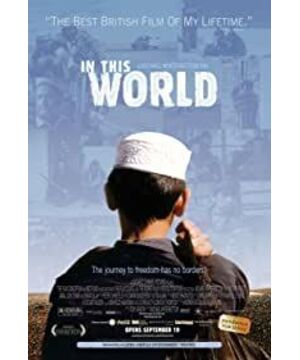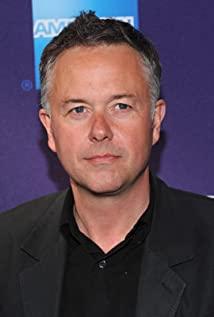It is with a span of 15 years that I see the 2003 Golden Bear Award film "Between the World" and the 2017 Palme d'Or film "The Square" (also translated as "Liberty Square") as a post-colonial film. Against the background of the ideological trend of ideology, it records the evolution of European elite culture and the themes of deconstruction. If combined with the current state policy of America First under the guidance of Trump's conservative values, the extension of this reality is exactly the third sequel that is taking place, but the United States is one step ahead of Europe.
These three episodes of the film completely present a clear line of Christian fundamentalism after 9/11, from reflection, atonement, tolerance, acceptance to self-doubt again to self-recovery. The so-called America First, rather the West First, is the first white man of Christian descent. But "whites first" is too politically correct, so Trump's remarks only stop at "America First". In Europe, in response to the value confusion of the bourgeoisie, immigration from Central and Western Asia, and the Muslimization of society, the elites have not yet settled the self-deprecation and ridicule in "Freedom Square" into concrete cultural countermeasures and political propositions. In the moral superiority of political correctness, there is still hesitation to express the priority of Christian blood. Priority over whom? Of course it is the Pan-Eastern, of course, it is the Syrian refugees who spread from Afghanistan more than ten years ago to the present, of course, it is the protagonist Jama who smuggled from Peshawar to London in "Between the World" and the others...
At that time, as one of the European elites who were reflecting on the necessity and justice of the war in Afghanistan, director Winterbottom sighed after winning the Golden Bear: "This award should belong to the 1 million refugees in Peshawar, Hopefully, those who are still faced with the dilemma - continue to suffer or risk their lives to flee, can create a new life."
Mainstream cultural circles, such as the Berlin Film Festival jury, decisively gave Winterbottom's reflection a positive evaluation. This film is just a culture in which European civil society at that time examined and reflected on the offenses of various colonial and aggression activities led by Europe to other civilizations, assumed the legacy of historical responsibilities, and turned into an inclusive, pluralistic, and accepting civilization and political subject. Footnotes. Before and after "Between the Worlds" was awarded, Merkel came to power, and Germany, the culprit of World War II, which once produced the Nazis and considered the most xenophobic and most noble blood, became the country with the most tolerant immigration policy.
It is with cultural templates like "Between the Worlds" that Europe still gains moral superiority and value superiority in the sense of Christian fundamentalism. However, after fifteen years of this kind of advantage and superiority, it has become the subject of the ridicule and deconstruction of the upper class in "Liberty Square".
We can imagine that Jama, the Peshawar teenager who successfully smuggled into the world, gave birth to the black-haired boy who kept pestering Christian in Freedom Square, because Christian wrote a letter that did not specifically target him. The black-haired boy's letter begging for a stolen mobile phone, the black-haired boy felt that he was suspected of being a thief, so he ran to Christian's house late at night and asked Christian to apologize: "You must apologize, otherwise it will cause trouble. "
Europe is getting screwed.
Christian had to apologize.
History has drawn a humorous and awkward arc.
Returning to Winterbottom's question to white society in "Between the Earth", is Europe the root of the turmoil and disaster in the Middle East to be re-established? Just as Trump moved the embassy in Israel to Jerusalem, is Jerusalem the root of the Christian faith?
View more about In This World reviews










